European Commissioner pitches '100 billion fund for defence industry cooperation
)
Internal Market Commissioner Thierry Breton has pitched a €100 billion fund to boost EU defence industry production and collaboration between countries, companies and other stakeholders.
His comments come as the EU executive is set to propose the bloc’s brand new European Defence Industry Strategy (EDIS) on 27 February to bolster the continent’s production capacity of weapons and ammunition while incentivising cross-border production and cooperation.
“To make sure all the industry works more and more together, we need to have the incentives,” Breton announced. He is in charge of the European Commission’s defence industry portfolio.
“I believe we need to have a huge defence fund, to help – to accelerate even – probably in the matter of €100 billion”, Breton said at an event organised by the European Parliament liberal Renew Europe political group.
“If we say, if you work together – like we did for the European Defence Fund (EDF) -four countries, different companies, including small and medium-sized enterprises, we can help you to support upfront what you will do,” Breton said, giving more details on his incentive idea.
Over the past months, European defence industries, EU member states, and other key stakeholders sent out their ideas and advice for the strategy at the end of last year, answering the Commission’s questionnaires, as Euractiv reported last month.
The European Commission already presented different schemes to help coordinated member states and industries boost production by funding joint procurement on behalf of Ukraine with the European investment programme via joint procurement (EDIRPA) and by investing in ammunition production lines with the Act to support ammunition production (ASAP).
18 months to matchThe EU’s internal market chief also insisted the bloc will meet its target of producing a million artillery shells by the spring after EU member states last year had pledged to donate Ukraine 1 million rounds of ammunition by March.
“We are only the European Commission,” Breton cautioned but stressed it is “absolutely” possible to reach the shell goal by March or April.
Despite the caution expressed by the EU chief diplomat Josep Borrell and national ministers such as German Defence Minister Boris Pistorius, Breton said the Europeans “will stick to our commitment by March or April”.
“But it’s not it’s not enough, because we need to make sure that our prediction should match more or less with a production of Russia”, the EU’s internal market chief said, adding he is ”convinced that within the next 18 months to two years, we will be at par with Russia”.
However, such a large financial envelope is not available in the current EU budget and would most likely rest on the support of private funding opportunities, such as banks.
EU leaders repeated at their December summit their call for “an enhanced role of the European Investment Bank Group in support of European security and defence”, although the bank – which is governed by the EU finance ministers – has so far remained reluctant to fund defence investment.
More on 1 FebruaryBreton said that his team is finalising a “defence industry view for the end of February”, “which will be discussed at the next summit” scheduled for 1 February.
German Chancellor Olaf Scholz said on Monday (7 January) that EU member states on 1 February, “at the latest, need as precise an overview as possible of what concrete contribution our European partners will make to supporting Ukraine this year”.
A debate on the findings between EU leaders is likely to raise pressure on countries like France, Italy and Spain, which have donated comparably few military goods to Ukraine so far, according to publicly available information.
According to the Kiel Institute, which keeps track of publicly pledged military aid to Ukraine, Germany was the second-highest donor last year after the US, with €17.1 billion, followed by the UK with €6.6 billion and by Nordic and Eastern EU member states.
In comparison, France has so far only contributed €0.54 billion in public pledges, Italy €0.69 billion and Spain €0.34 billion.
Read original article here.
